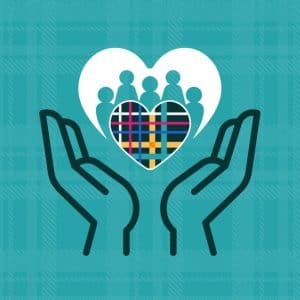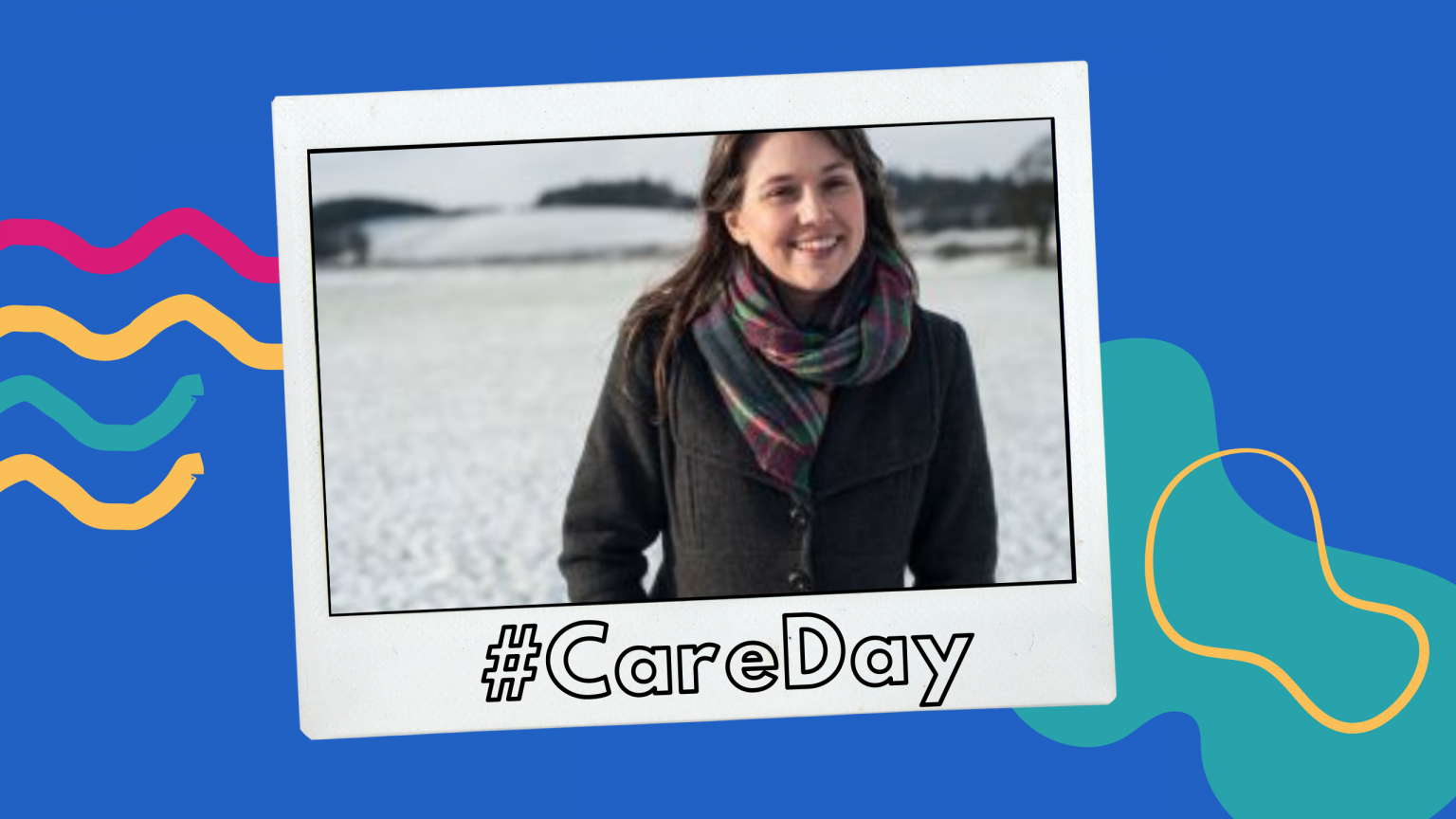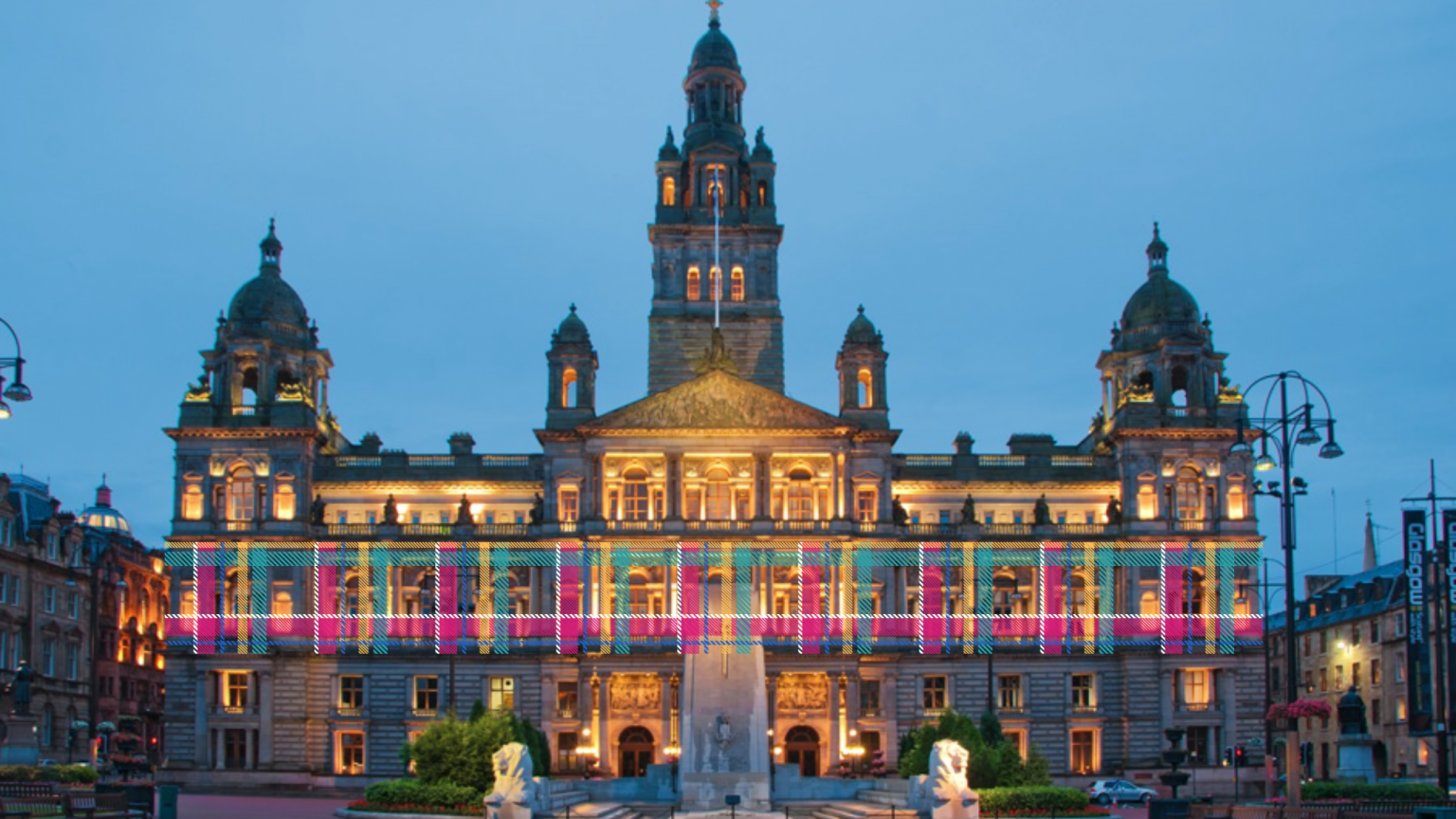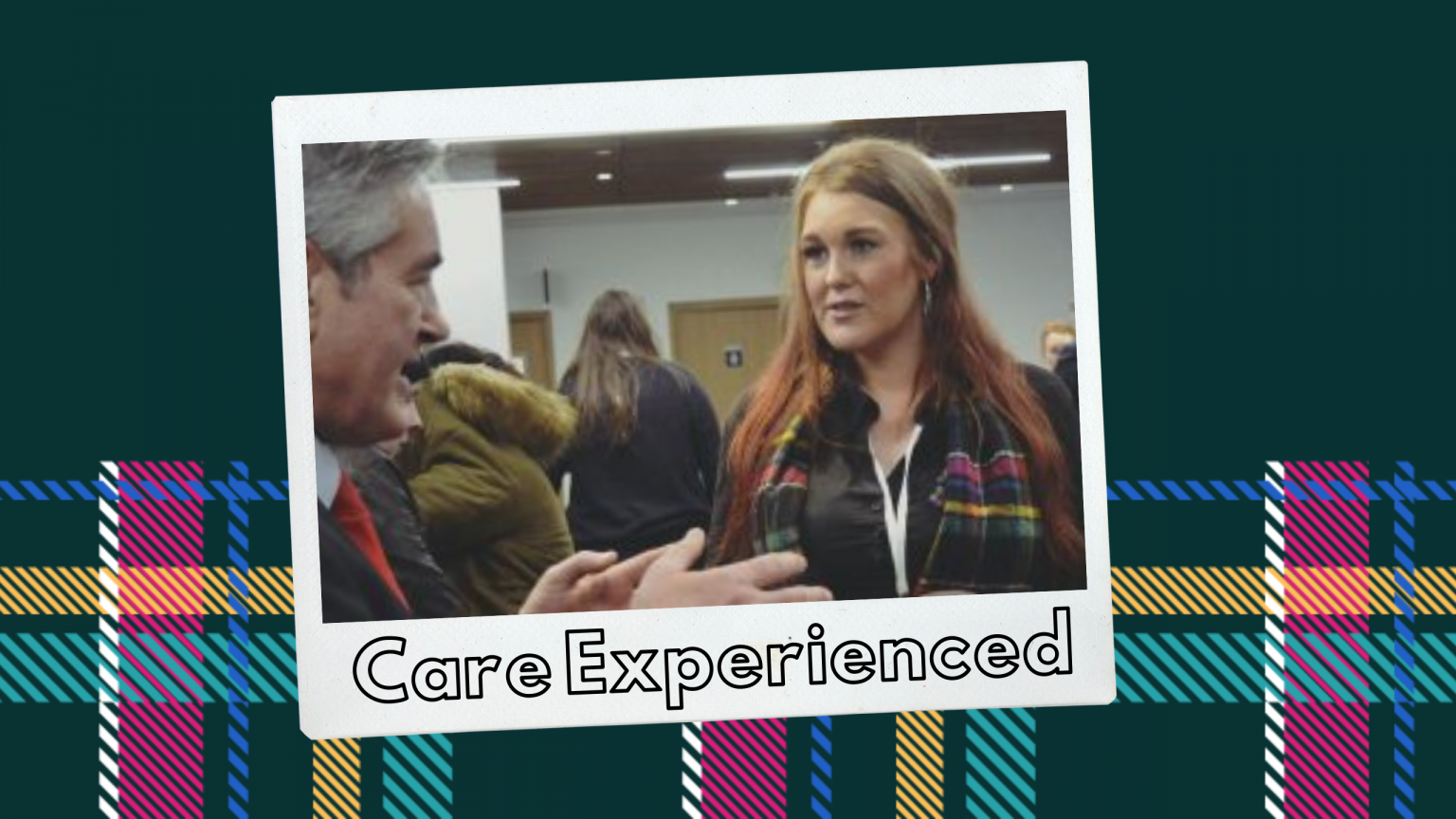When I think back to my childhood, it’s like looking through a portal into a parallel universe. Everything looks kind of like the real world with the main similarities, but for some reason instead of growing up as a boy, in this universe, I am a girl.
I knew before I could read or write that I was supposed to be a boy. I’ve heard stories from my auntie, of me declaring to the world that when I grew up, I would become a boy. As if it were a role I could apply for. If only it were that easy.
At the age of 4, after years of being around domestic violence and drug addiction, I was taken into care. Me and my little sister were placed with our mum’s brother and his partner. Due to my parents’ chaotic lives, we hadn’t built a relationship with them, so for us, it was like moving in with strangers. My auntie and uncle applied to be foster carers rather than kinship carers, due to the extra support provided to foster carers and the support around contact with our parents.
At first, being in a strange new home, with strange new adults, I accepted the strange new outfits. All of which were pretty and girly. What a contrast compared to the future more masculine me!
I can’t remember the first time I asked to wear boys clothes, but it started with wearing what I liked outside of school. This was when I was about 7.
I was 16 when I eventually came out as transgender. All thanks to a Hollyoaks storyline – with weirdly, the same birth name as me. I came into this world as “Jasmine” but will leave as “Jack”. Actress Victoria Atkin played the role of 15-year-old Jasmine Costello, who desperately wants to be a boy. Seeing this storyline on TV helped me to feel less alone. This is why the representation of trans people in the media is so important.
Ever the fan of politics, I had to resort to “direct action” to have my name changed. Standing in front of the head office of my children’s home, I demanded that they sign my deed poll to change my name or I would stage a protest. It’s ridiculous it had to get to this point. I believe the law needs to change to support trans young people to identify the way they feel inside. I am not someone that would normally resort to such action but no one was listening.
The guidance on how to support trans people in care just doesn’t exist. Some people think we don’t deserve rights, and that our lives are up for debate. That we shouldn’t be “encouraged” or “supported” because being trans is seen as wrong, bad, or abnormal. Who decides what is “normal”?
I have lived under a regime that believed they could force me to be a girl. In one placement, my life was made a living hell because I didn’t conform to gender expectations and wanted to express myself differently.
Luckily, I made it to an amazing placement with carers who supported me every step of the way when I came out. From adapting to new names and pronouns, taking me shopping for boys clothes, to listening to all my dysphoria concerns and reassuring me everything would get better throughout my transition – I had an immense team around me. I wish I could make sure that was the case for every trans person in care.
I would not be here today, if I hadn’t gone to an amazing children’s home that not only accepted me, but loved me. When I came out as trans, there was nothing but love and kindness.
It took a while to get my pronouns right and adjust to a new name, but they sure tried! Most of the time it was hilarious when they got it wrong, reminding me of my nan who would confuse all her grandkids!
There were some funny times, like when a manager was shocked seeing me in shorts – confused at my leg hair! Maybe because I had more than him?
I know from meeting other people in the LGBTQ+ care community that other people did not receive the same respect, support and kindness that I was lucky enough to receive. Trans young people in care need everyone under the “corporate parenting” umbrella to come together to support us, so we can be our true, authentic, fabulous selves.
Transgender Glossary
Gender dysphoria: Used to describe when a person experiences discomfort or distress because there is a mismatch between their sex assigned at birth and their gender identity.
Transitioning: The steps a trans person may take to live in the gender with which they identify. Each person’s transition will involve different things. For some this involves medical intervention, such as hormone therapy and surgeries, but not all trans people want or are able to have this. Transitioning also might involve things such as telling friends and family, dressing differently and changing official documents.
Transphobia: The fear or dislike of someone based on the fact they are trans, including denying their gender identity or refusing to accept it. Transphobia may be targeted at people who are, or who are perceived to be, trans.







